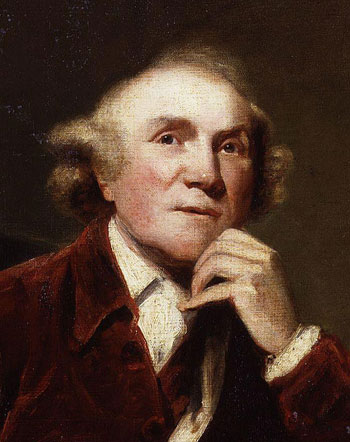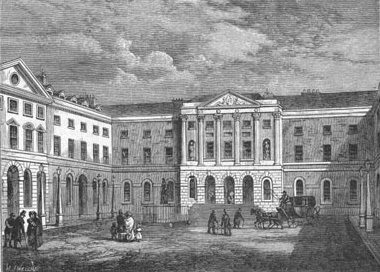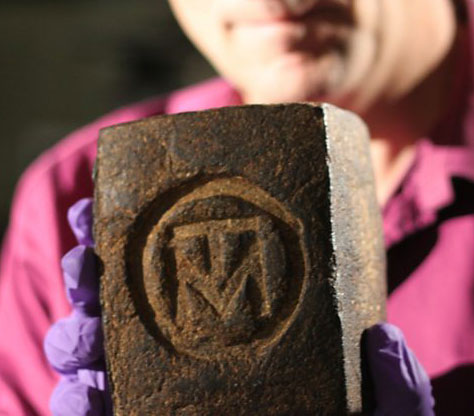John Hunter & new hospitals
During the 18th century medicine made slow progress. Doctors still did not know what caused disease and some continued to believe in the pseudo-science of four humors (blood, yellow bile, black bile & phlegm), although belief in this theory declined during the 18th century.

Other doctors thought disease was caused by miasmas (odourless gases or particles in the atmosphere). "Miasma theory" prevailed well into the 19th century until John Snow realised, during the infamous outbreak of cholera in Victorian London in 1854, that it was not invisible chemicals in the air that had caused the outbreak but contaminated water at a single pump in Broad Street, Soho. His "germ theory" was regarded with great scepticism because it was another 30 years before the cholera bacterium was identified by Robert Koch.
More about the 1854 London cholera outbreak
Surgery and urology
"Travelling lithotomists" still practised both in England and abroad, removing bladder stones. Amongst them, the best known was William Cheselden whose 50% mortality rate for perineal lithotomy was considered outstandingly good. In 1744, Cheselden became the first Warden of the Company of Surgeons (later to be the Royal College of Surgeons) and, the following year, presided over its separation from the Company of Barber-Surgeons, thereby establishing surgery as a speciality in its own right.
Surgical techniques, however, did see some progress during this period. The famous 18th century surgeon and anatomist, John Hunter (1728-1793, pictured) has sometimes been called the "Founder of Scientific Surgery". He described, practised and taught many new procedures, including operations such as tracheostomy which are, nowadays, regarded as "routine".
Read more about John Hunter
The Museum at the Royal College of Surgeons of England is named after him and contains many of his surgical and anatomical preparations, originally purchased by the College in 1799. Although part of his specimen collection was destroyed when the College was hit by a German bomb on 10 May 1941, the majority was undamaged and remains on display in the Hunterian Museum to this day.
Explore the Hunterian Museum online
The founding of major hospitals
 This was also an era when some of the country's major hospitals appeared. During the century, many teaching hospitals were founded:
This was also an era when some of the country's major hospitals appeared. During the century, many teaching hospitals were founded:
- Guy's in 1724 (pictured right, with a bequest from Thomas Guy, a wealthy merchant);
- St George's London and Bristol (1733);
- York (1740);
- Exeter (1741),
- The Middlesex and Liverpool (1745); and
- in 1751, the first American hospital (in Philadelphia).
Medical dispensaries in the 18th century
John Coakley Lettsom, a Quaker, philanthropist and physician, defined the concept of a dispensary in 1770 and started to set them up around the capital. He justified his original idea with the following comments:
.. and notwithstanding the many excellent charities, already subsisting for relief of the sick, in and about this great metropolis, yet, when it is considered how many poor, from the nature of their circumstances and disorders, are still necessarily confined to their wretched dwellings, and perish through want of proper assistance, the utility of this institution becomes obvious ...
 By the end of the century, dispensaries had been set up in many towns. In London alone, there were 13, sharing the following characteristics:
By the end of the century, dispensaries had been set up in many towns. In London alone, there were 13, sharing the following characteristics:
- voluntary subscribers, known as governors, funded the operations and designed the rules;
- governors filled out a letter of recommendation to enable poor patients to receive care;
- physicians treated these patients either in the dispensary building or in their homes; and
- physicians, apothecaries (and sometimes surgeons) offered outpatient medical relief (mainly self-help advice or herbal medication).
Many of the medicines available were relatively ineffective, although laudanum (made by using alcohol to extract morphine from raw opium, pictured) was widely used not just to relieve pain but to treat other conditions for which there was no available cure (e.g. tuberculosis, syphilis).
← Back to Time Corridor